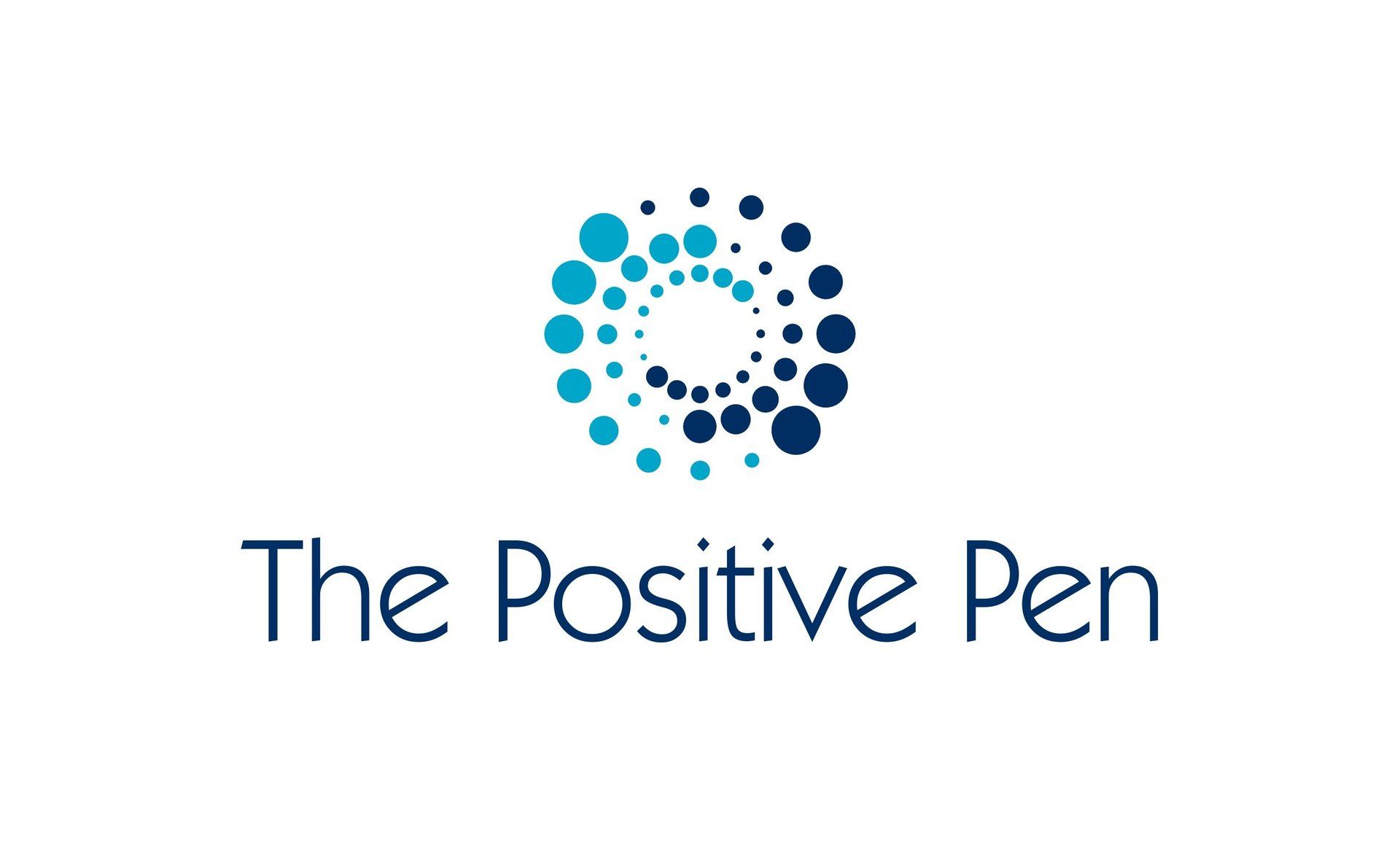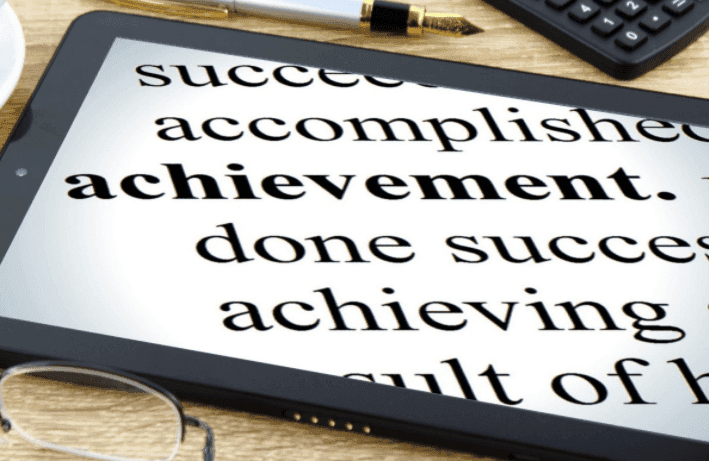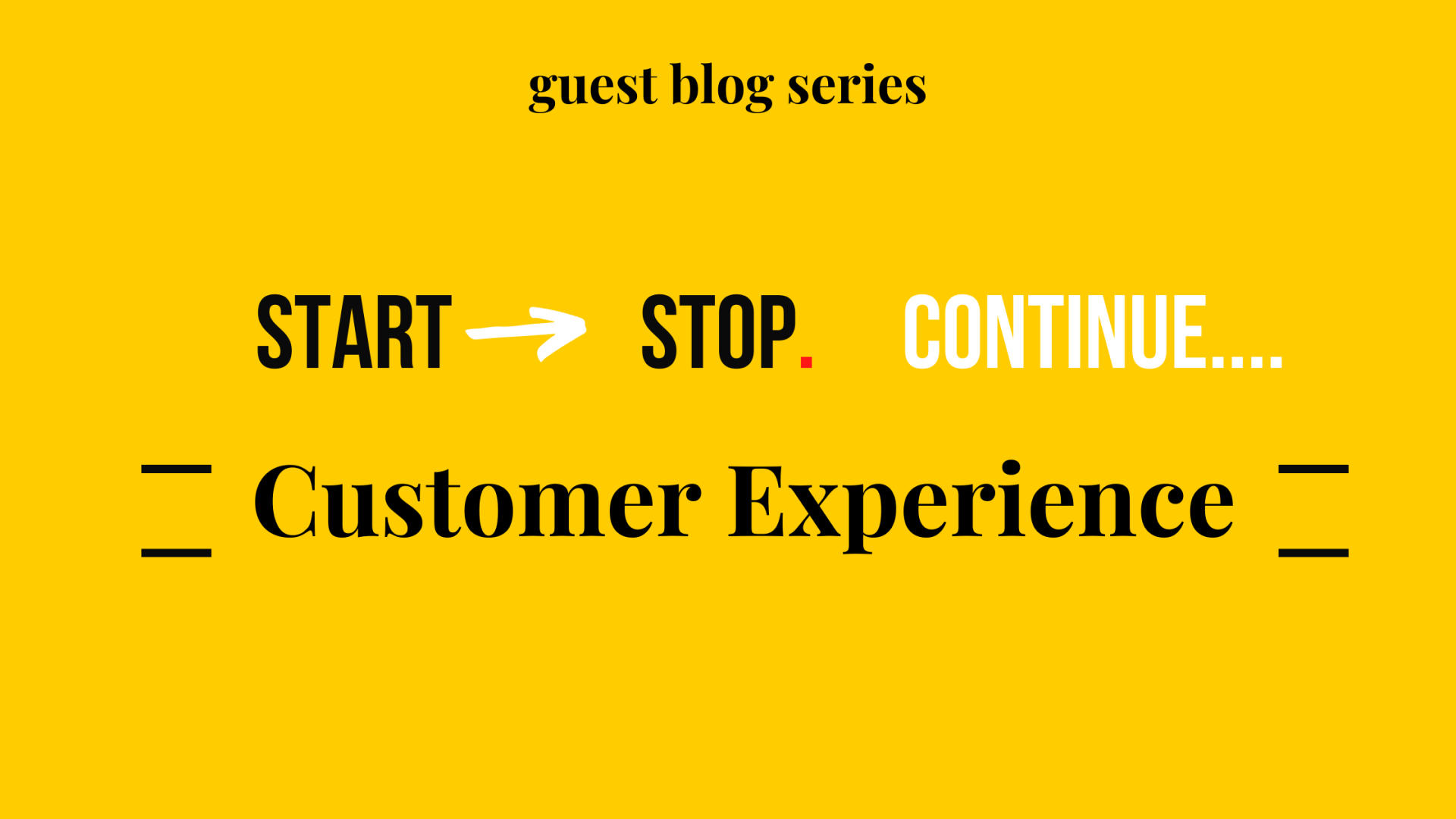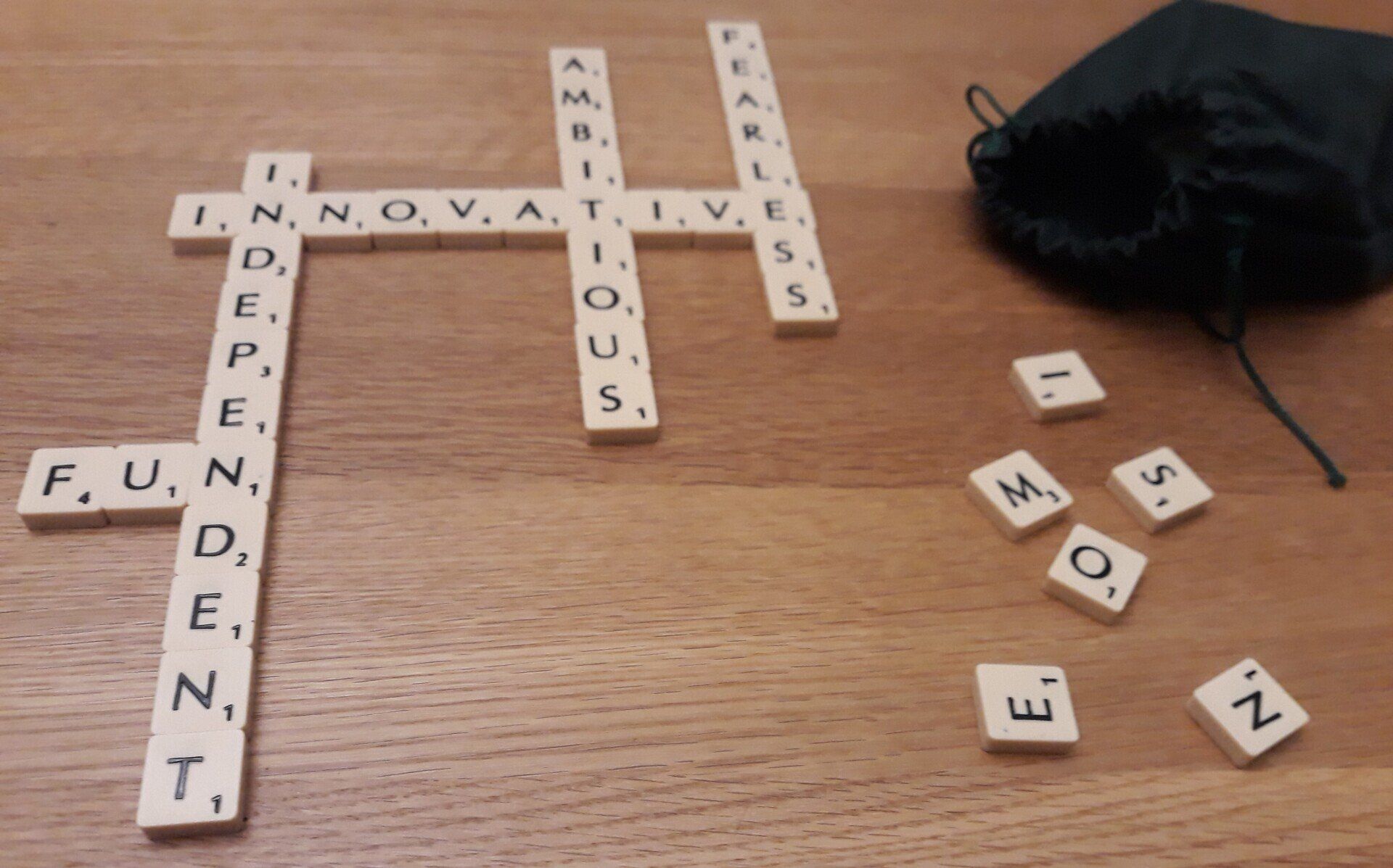Start, STOP, Continue.... Dealing with Stress
Start, STOP Continue… is a series of guest blogs written by Yorkshire based experts sharing 3 key tips on what to Start, Stop & Continue to develop in this area.

Sharing their expertise in this issue is Jane Keogh, a positive mindset & success coach.
Jane, when it comes to dealing with stress what is the one thing we should start doing right now?
Developing a healthy mindset is my number one tip for dealing with stress. There is a lot of pressure to be positive but it is an unrealistic goal to expect to be positive 100% of the time. We are human beings with a vast array of emotions and feelings.
Here are two tips on how to build a healthy mindset:
1) Awareness helps us recognise the quality of our thoughts, whether good and or bad. If you feel negative, remember to acknowledge the feeling. It’s not permanent. It’s only a feeling. You are not your thoughts, and your thoughts are not always the reality.
Meditation and journaling are great tools for improving your awareness.
2) Growth - Develop a growth mindset. Those with a fixed mindset believe that you’re born the way you are and things can’t really change. They also believe that there are no better options.
Those with a growth mindset believe that things can always be learnt. They believe that anything can be achieved if you put in the time and effort.
When you have a growth mindset, you ask yourself how you can move on from negative experiences. Rather than trying to force it into a positive experience, you ask, “How can I grow from this?” or “What is this teaching me right now?”
We’re all human, and we all experience dark, deep, and intense thoughts. Don’t be afraid to dig into them and see what you can learn from them.
On the flip side, what should we STOP doing?
We need to stop avoiding or burying our feeling with distractions. When we are stressed and feeling uncomfortable we tend to want to distract ourselves from the underlying feelings and emotions. We might get into unhelpful habits like drinking or excessive behaviours like intense exercise.
Drinking is fine in moderation but when we try to block things out we are merely avoiding them and they will continue to niggle until you do address them. With alcohol we initially feel better (more relaxed) but by the time we get through a few glasses it can intensify the feelings/emotions and because the alcohol has numbed us we are unable to process hence why some people get very tearful or angry and worse case scenario, violent.
Whilst exercise is great and stimulates endorphins, it is often used as an avoidance tactic so it’s still important to acknowledge and deal with the triggers.
Finally, what’s a valuable activity that we should continue doing or do more of?
Healthy, balanced diet with plenty of water, walking in nature, social connection (in particular in current circumstances), asking for help but if there was one thing I would say can have a huge impact is meditation.
Now meditation can bring up resistance in some people but there are many forms that may be overlooked, such as
- Walking in a forest, standing with eyes closed and just connecting - the silence is magnificent in the woods.
- Fire gazing - from a wood burning stove through to watching a candle flame flicker
- Watching moving water such as a river or the ocean
- Sitting in silence
- Yoga and in particular yoga breathe
For those who may struggle to focus or sustain mediation I would suggest a guided meditation. Guided meditation is simply "meditation with the help of a guide", this can either be in person or via a recording. It’s one of the easiest ways to enter into a state of deep relaxation and inner stillness.
Click here to access Jane’s Gratitude Meditation. This is a visual guided meditation to practice gratitude. Research shows that having a regular gratitude practice increases immunity, improves mood and reduces blood pressure. This audio meditation is accompanied by a stunning slideshow of images to help promote gratitude in these crazy times.
Thank you, Jane, some great advice.
If you would like to find out more about Jane and her work, visit her website at Jane Keogh or Email: jane@janekeogh.co.uk call 07813 847205
Enjoy this blog?
Click here to receive new blogs each month directly to your inbox.










